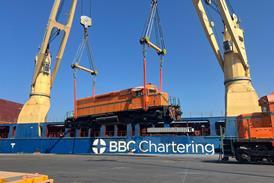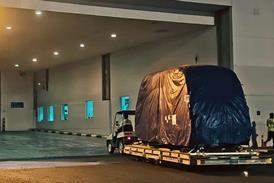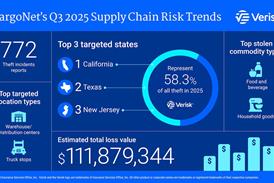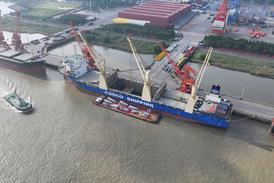Cargolux is part of a team that has brought sustainable aviation fuel (SAF) to Luxembourg Airport (lux-Airport) for the first time as the cargo airline works towards decarbonising its operations.
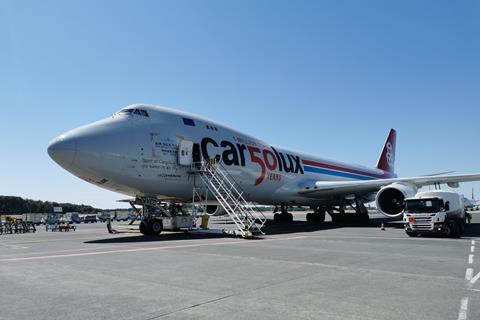
This article was first carried by our sister publication, Air Cargo News.
In partnership with World Fuel Services, Neste, and Luxembourg Airport, Cargolux worked to achieve delivery of the bio-based fuel to Luxembourg Airport’s fuel farm via NATO’s Central European Pipeline System (CEPS).
The SAF is from sustainably sourced, 100 percent renewable waste and residue raw materials, in compliance with the EU Renewable Energy Directive (RED II) Directive.
Using this SAF, Cargolux will operate a carbon neutral flight from Luxembourg to Zhengzhou, its biggest hub in mainland China.
The Boeing 747-8F will land in Zhengzhou for a ceremony marking the 10th year since Cargolux first started operating services to the city. The ceremony will be held within the framework of sustainability and focus on the importance of achieving a “Green Silk Road” between Luxembourg Airport and Zhengzhou Airport.
“This initiative marks a first for all involved and I am proud of the smooth process we witnessed throughout from delivery to uplift,” said Richard Forson, Cargolux president and chief executive.
“As an airport, we are [a] facilitator and promoter of sustainability. Moreover, engaging our partners to opt for an environmentally friendly approach matches our top goal of getting net zero by 2030 for the airport infrastructure,” said Alexander Flassak, chief executive, lux-Airport.
Alexander Kueper, vice president EMEA from the renewable aviation business unit at Neste, added: “It is a great example of collaboration with partners across aviation’s value chain to make SAF available. It builds on earlier deliveries of Neste’s SAF to Cargolux at Amsterdam Airport and previous deliveries of SAF to airports via the CEPS pipeline system. It also highlights the importance of joint efforts in making more sustainable fuel options available at airports.”

